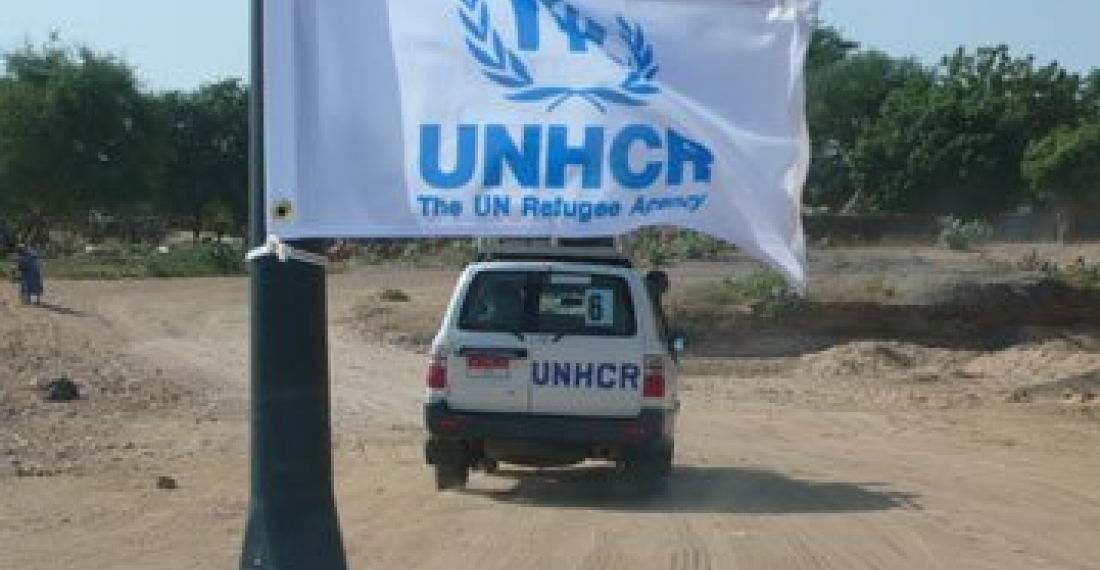Согласно последнему докладу Global Trends, опубликованному сегодня УВКБ ООН, Агентством ООН по делам беженцев, вынужденное перемещение затрагивает уже более 1% человечества.
Поскольку больше людей стали перемещенными лицами, чем когда-либо с тех пор, как УВКБ начало публиковать свое ежегодное исследование, все меньше и меньше людей смогли вернуться домой или даже построить устойчивую, новую жизнь в другой стране.
"Мы наблюдаем изменившуюся реальность. На сегодняшний день вынужденное перемещение не только значительно увеличилось в масштабах , но и перестало быть краткосрочным, временным явлением," - заявил Верховный комиссар ООН по делам беженцев Филиппо Гранди.
В докладе УВКБ ООН о глобальных тенденциях говорится, что из 79,5 миллионов человек, которые были перемещены к концу прошлого года, 45,7 миллионов - люди, перемещенные внутри своих стран. Остальные были вынуждены бежать за границу: из них 4,2 миллиона человек, ожидающих результатов рассмотрения ходатайств о предоставлении убежища, и 29,6 миллионов беженцев.
Годовой прирост с 70,8 миллионов в 2018 году - это результат двух основных факторов. Во-первых, это новые перемещения, особенно в Демократической Республике Конго, Сахеле, Йемене и Сирии. Конфликт в последней длится уже десятый год, что стало причиной появления в 13,2 миллиона беженцев, лиц, ищущих убежища и внутренне перемещенных лиц.
Во-вторых, это более четкое представление о количестве и положении венесуэльцев за пределами их страны. Многие вынужденно перемещенные венесуэльцы юридически не зарегистрированы как беженцы или лица, ищущие убежища, но они также нуждаются в защите.
Вы можете прочитать или скачать отчет UNHCR Global Trends 2019 здесь
источник: commonspace.eu по материалам UNHCR.org







